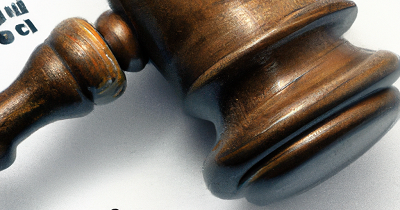Scams are a form of fraud that involve deceiving an individual or business in order to gain something of value, such as money or other property. Scams can take many forms, including online, telephone, mail, and door-to-door scams. The Federal Trade Commission (FTC) is the primary federal agency responsible for protecting consumers from all types of deceptive practices and scams.
At the federal level, the FTC enforces consumer protection laws, such as the FTC Act and the Telemarketing Sales Rule (TSR). The FTC Act prohibits unfair or deceptive acts or practices in or affecting commerce. This includes false or misleading advertising, misrepresentations, or other deceptive business practices. The TSR prohibits deceptive telemarketing practices such as false or misleading representations, calling people on the Do Not Call list, and making deceptive claims about the cost, performance, or benefits of a product or service.
In addition to the FTC, other federal agencies, such as the Department of Justice, the Federal Bureau of Investigation, and the Internal Revenue Service, can enforce laws related to scams. These agencies have authority to investigate and prosecute criminal violations, including fraud, identity theft, and money laundering.

At the state level, each state has its own laws and regulations related to scams. Many states have enacted consumer protection laws that prohibit deceptive or unfair practices, similar to the FTC Act. These laws often allow consumers to sue in state court, seek damages, and recover their losses from scammers. Additionally, states may have laws that criminalize certain types of scams, such as online scams and telemarketing fraud.
Finally, the Better Business Bureau (BBB) provides information about scams, as well as tips for avoiding them. The BBB also has a complaint system that allows consumers to report scams and provides resources for filing complaints against companies that have engaged in deceptive practices.
In summary, scams are a form of fraud that are prohibited by federal and state laws. The FTC, Department of Justice, and other federal agencies have the authority to investigate and prosecute criminal violations related to scams. Additionally, each state has its own consumer protection laws and regulations. Finally, the BBB provides resources to help consumers avoid scams and report them when they occur.